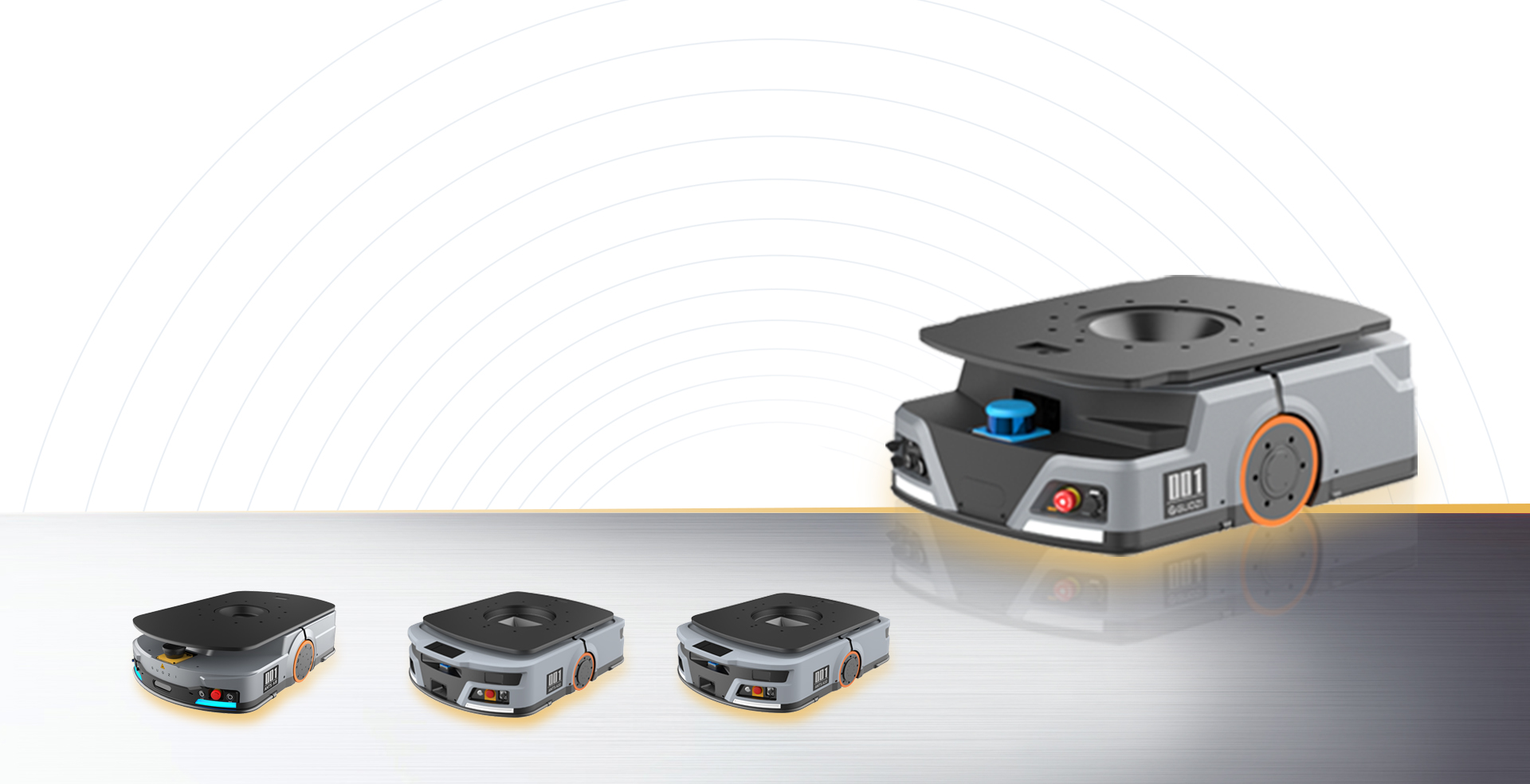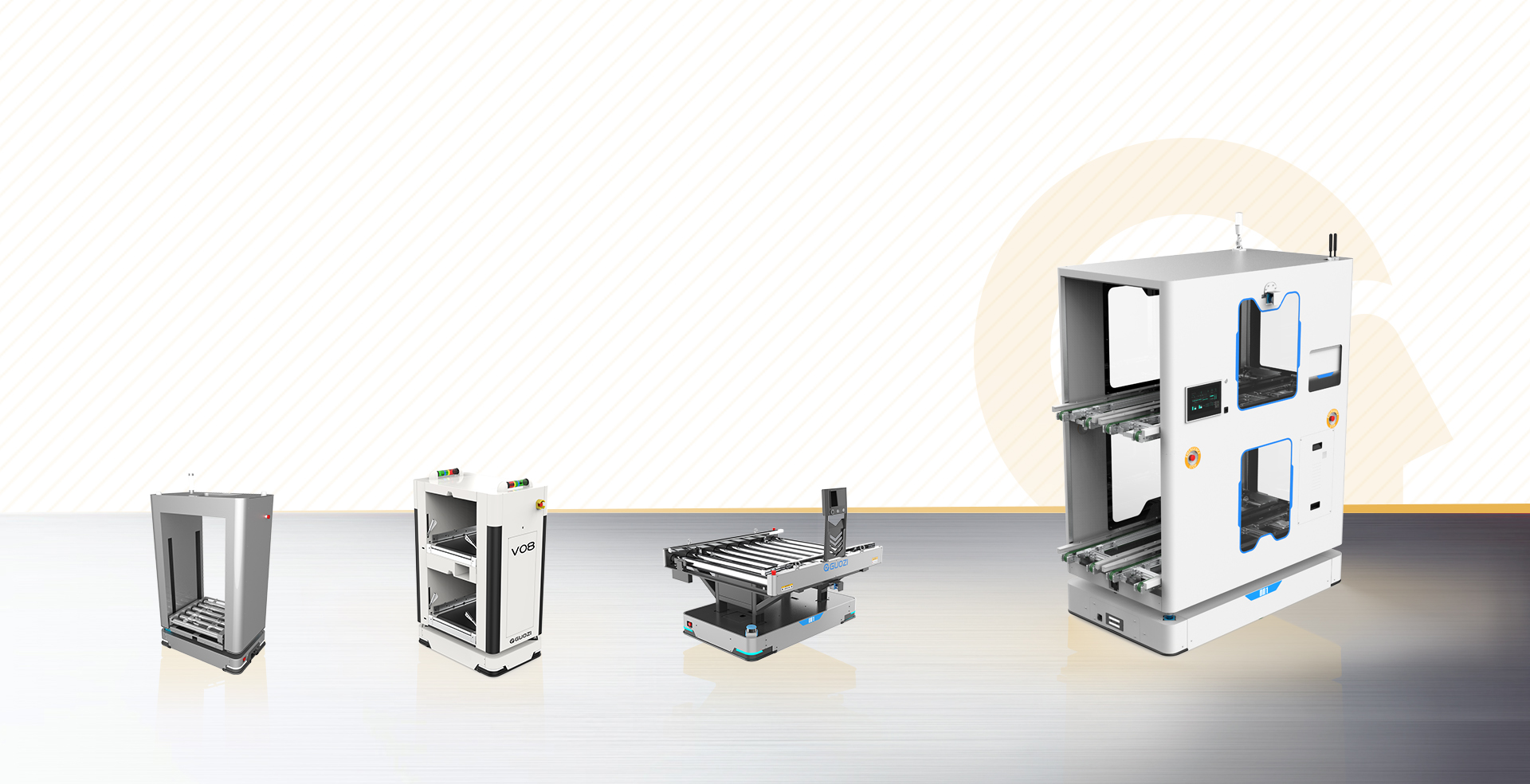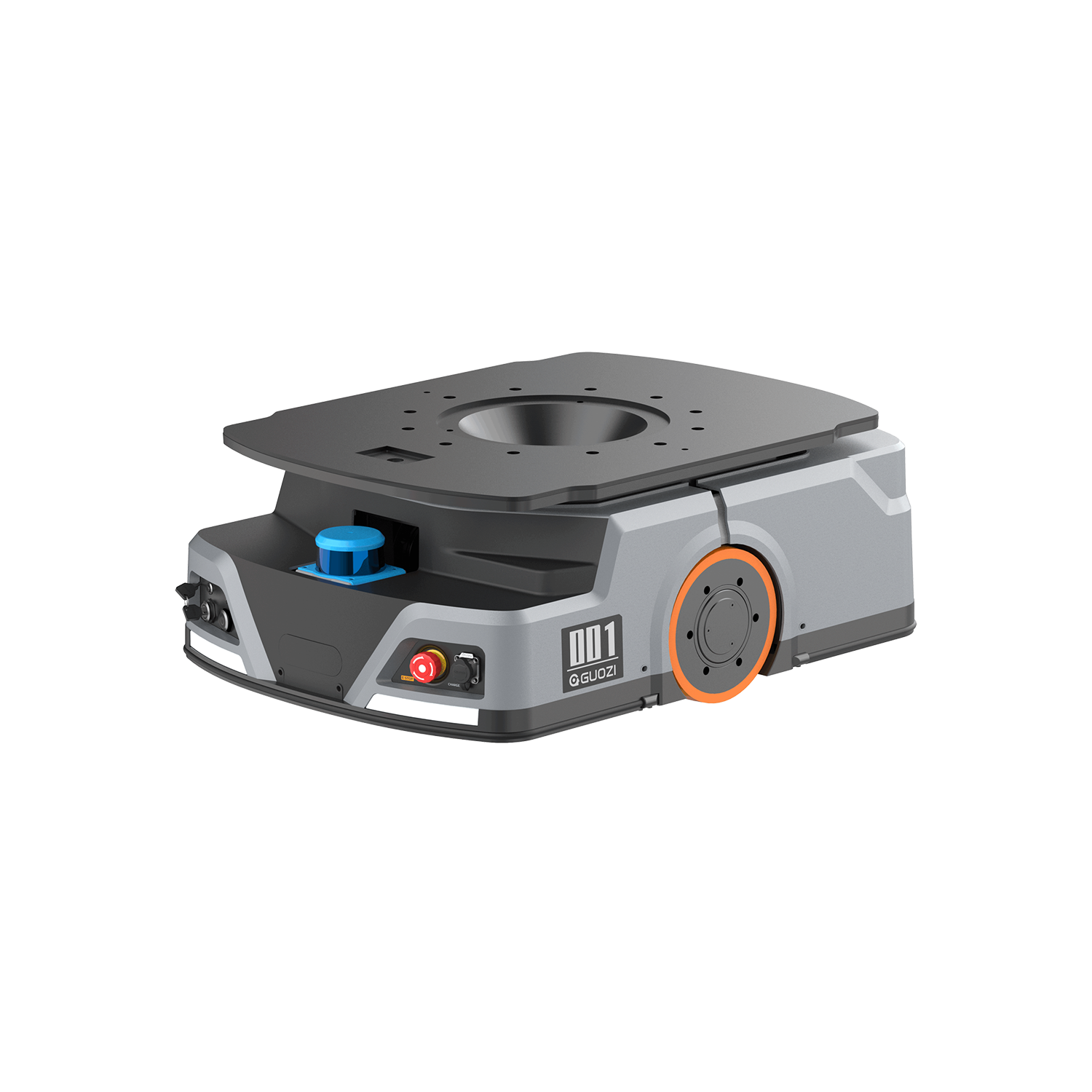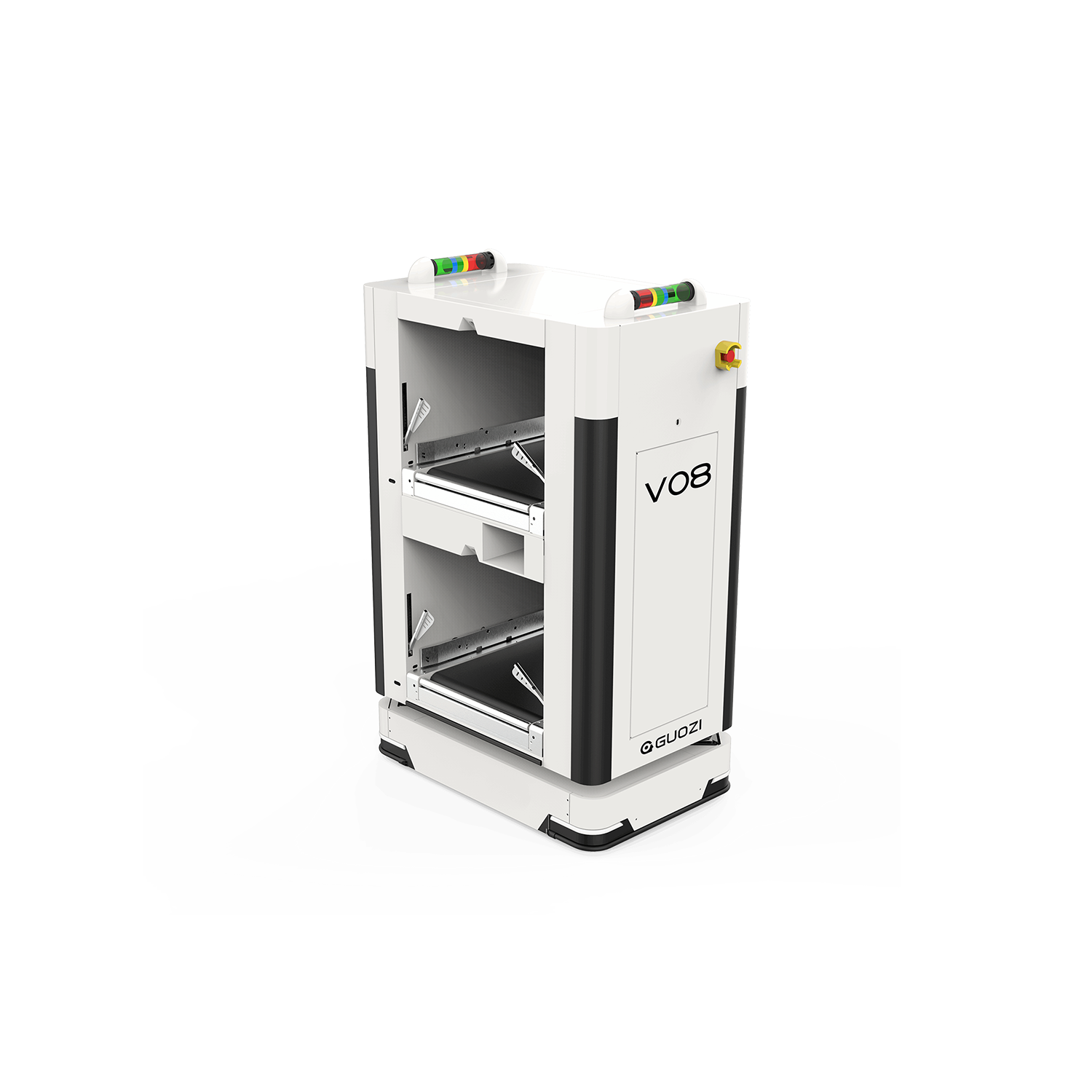With the continuous progress of science and technology, the robotics industry shows a trend of diversification and segmentation. Among them, Ant robot, as a kind of robot with high bionic characteristics, has attracted wide attention. In this paper, we will focus on "Ant robot design" and discuss the design concept, technical points of Ant robot and its application prospects in the robotics industry. robot designed to mimic the biological characteristics of ants. It is characterized by small size, light weight, strong adaptability, etc., and is capable of accomplishing tasks such as reconnaissance, carrying, exploration, etc. in complex environments. Ant robot design mainly includes the following aspects:
Structural design
Control system design
Sensor design
Power system design
II. Ant robot design points
Structural design
The structural design of the ant robot follows the principle of bionics, and strives to realize the biological characteristics of ants. The main design points are as follows:
(1) Hexapod design: mimic the ant's hexapods to realize stable walking and crawling functions.
(2) Body segment design: adopting modularized design to make the robot have good flexibility and expandability.
(3) Body optimization: through finite element analysis and simulation, the body shape of the ant robot is optimized to improve its environmental adaptability.
Control system design
The control system of the ant robot is the core part of the ant robot, which mainly consists of the following aspects:
(1) Central processing unit: a micro-controller or embedded system is used to realize the decision-making, planning and control of the robot.
(2) Signal Processing: process the signals collected by the sensors to provide accurate environmental information for the robot.
(3) Drive control: realize the motion control of the robot by controlling the driver.
Sensor design
Sensors are the important devices for ant robots to perceive the external environment, which mainly include:
(1) Tactile sensors: mimic the ant's antennae and are used to perceive the surrounding environment and obstacles.
(2) Visual Sensor: to realize the image recognition and navigation function of the robot.
(3) Infrared sensor: used to detect temperature and distance information.
Power system design
The power system of the ant robot mainly consists of batteries and actuators. The design points are as follows:
(1) High-energy-density battery: to provide long-lasting power for the robot.
(2) High-efficiency actuator: to realize precise motion control of the robot.
Third, the application of ant robots in the robotics industry
Disaster rescue
Ant robots can be used to carry out reconnaissance and search and rescue in the scene of earthquakes, fires, and other disasters, and provide important information to the rescuers with important information.
Military field
Ant robots can be used as scouts to carry out battlefield reconnaissance, enemy monitoring and other tasks.
Industrial Inspection
Ant robots can be used to inspect and maintain equipment in small, dangerous environments.
Research and Exploration
Ant robots can be used in biology, geology and other fields of research, helping scientists to explore unknown areas.
Fourth, the development trend of ant robot design
intelligent
With the development of AI technology, the ant robots will have a higher capacity to make autonomous decisions and realize more complex tasks.
Networked
Ant robots will be interconnected with other devices to improve collaborative work capabilities.
Lightweight
Through material innovation and structural optimization, the size and weight of the ant robot will be further reduced.
Diversification
Ant Robot will develop more functional modules for different application scenarios to meet diversified needs.
In short, ant robot design, as an emerging field in the robotics industry, has a wide range of application prospects. With the continuous maturation of technology, ant robots will bring unprecedented changes to various industries. China's robotics industry should seize this opportunity, increase research and development efforts, and promote ant robot design to a higher level.








